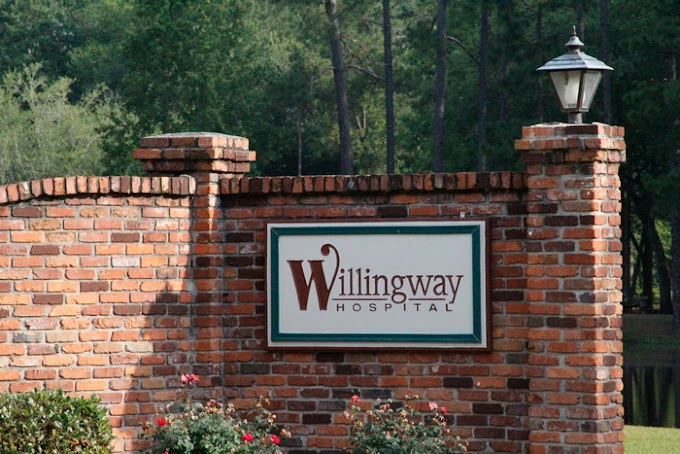Great Oaks Recovery Center Information
Treatment
Who We Treat
- Male and Female
Approaches
- 12-Step-Based
- Twelve Step
- Family Therapy
- Group Therapy
- Holistic
- Cognitive Behavioral Therapy (CBT)
- 1-on-1 Counseling
- Equine Therapy
- Recreation Therapy
- Relapse Prevention Counseling
Conditions We Treat
- Trauma
- Co-Occurring Disorders
Substances We Treat
- Alcohol
- Benzodiazepines
- Prescription Drugs
- Heroin
- Opioids
- Cocaine
- Methamphetamine
Languages
- English
Aftercare
- Outpatient Treatment
- Alumni Events & Get-Togethers
Level of Care
- Outpatient Detox
- Detox
- Residential Rehab
- Co-Occurring Mental Health
Experience
On-Site Amenities
- Pool
- Access to Nature
- Basketball Court
- Fitness Center
- Gardens
- Outdoor Lounge
- Volleyball Court
- Walking Trails
Personal Amenities
- Air-Conditioned Rooms
- Private or Shared Rooms
On-Site Activities
- AA/NA Meetings
- Farming
- Gardening
- Hiking
- Physical Fitness
- Swimming
Accreditations
-
The Joint Commission
The Joint Commission's addiction and behavioral health accreditation signifies a facility's commitment to high-quality care. It involves rigorous evaluations and assessments of clinical practices, ensuring effective, evidence-based treatment. Accreditation showcases a dedication to continuous improvement and patient safety, instilling trust among patients, families, and healthcare professionals. It's a mark of excellence in addiction and behavioral health care.

-
NAATP
Established in 1978, the National Association of Addiction Treatment Providers (NAATP) is a professional organization dedicated to advocating for and representing entities involved in addiction services. NAATP is committed to advancing the field of addiction services and ensuring that top-tier addiction treatment remains both accessible and widely available.

-
State department of health
Government agencies issue State Licenses, which grant rehabilitation organizations permission to conduct their operations lawfully within specific geographic regions. Licenses needed to operate are typically determined by the type of rehabilitation program offered by the facility and its physical location.

Additional Locations
Great Oaks Recovery Center Accepts The Following Insurance Plans
Find the best treatment options. Call our free and confidential helpline today!














